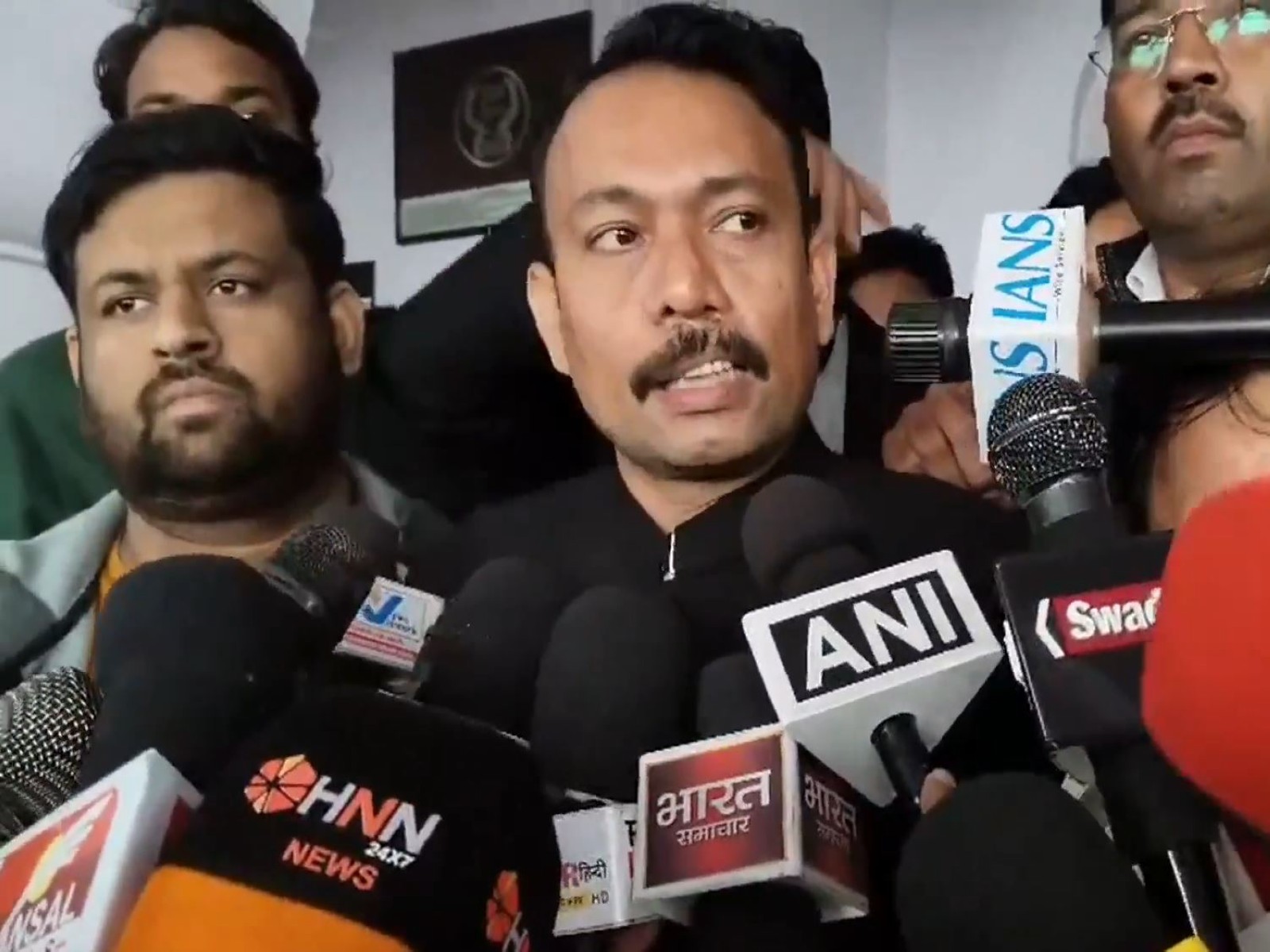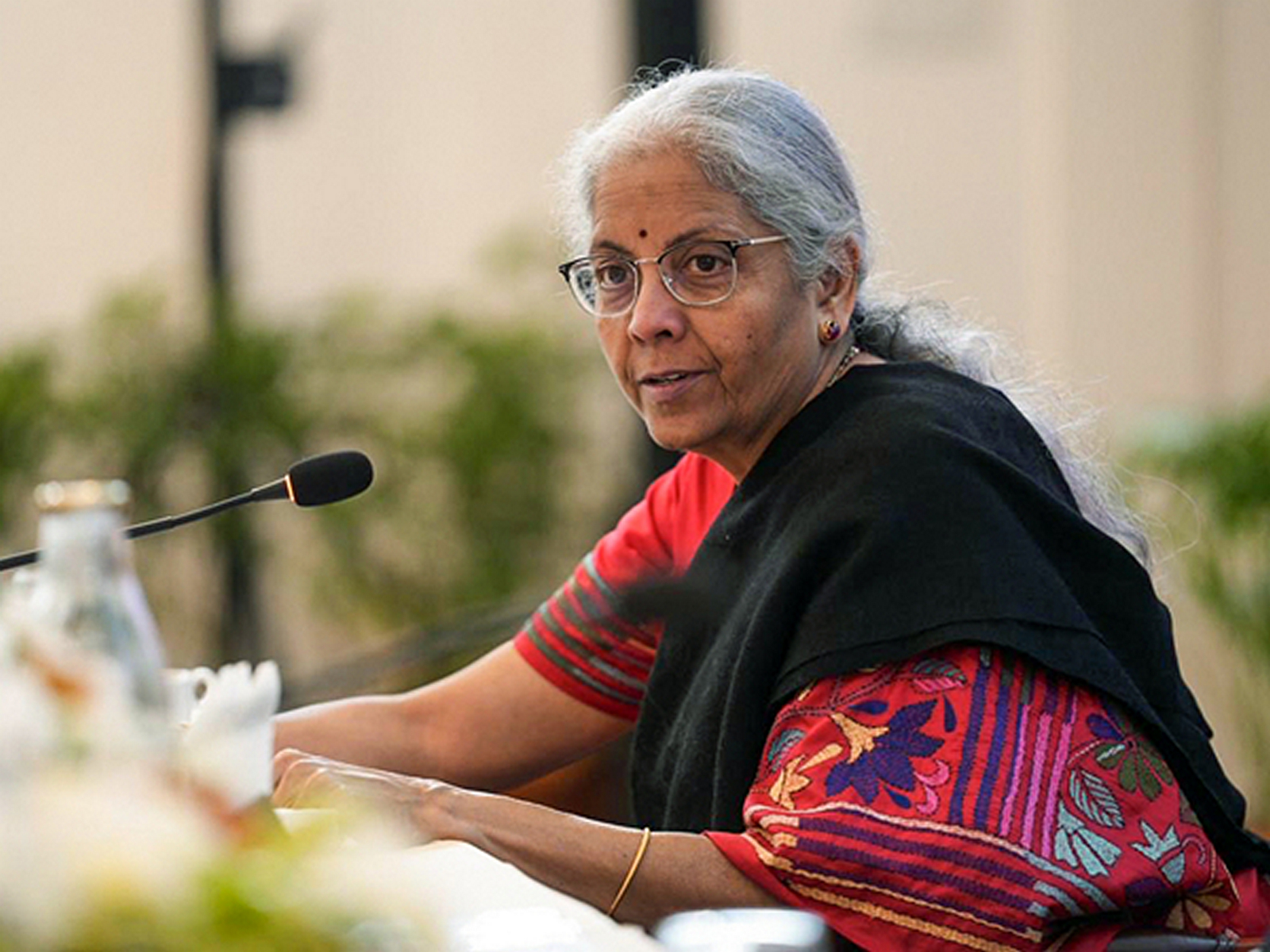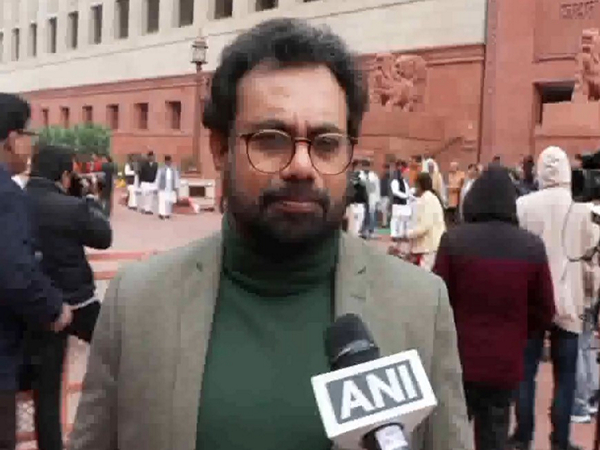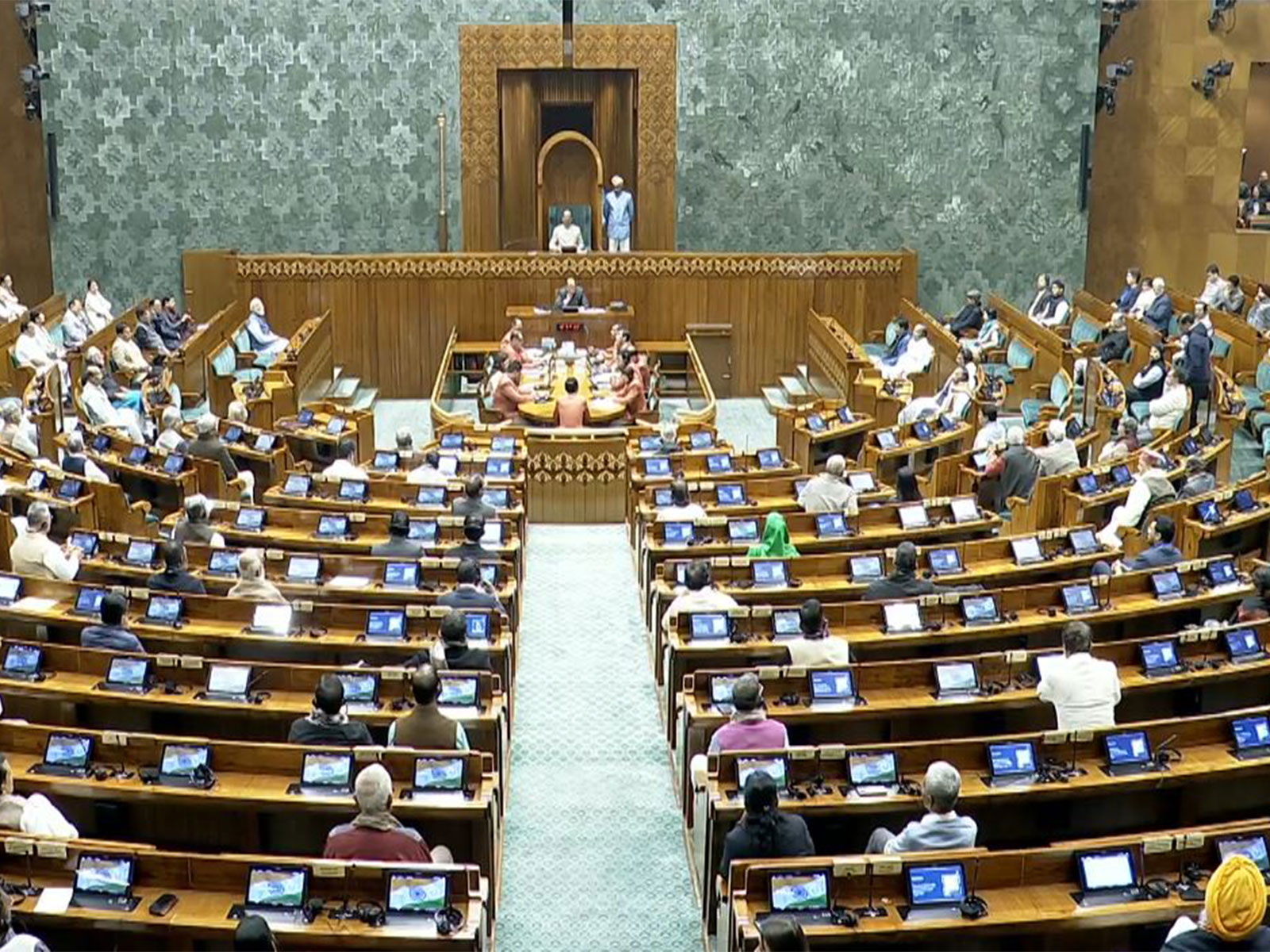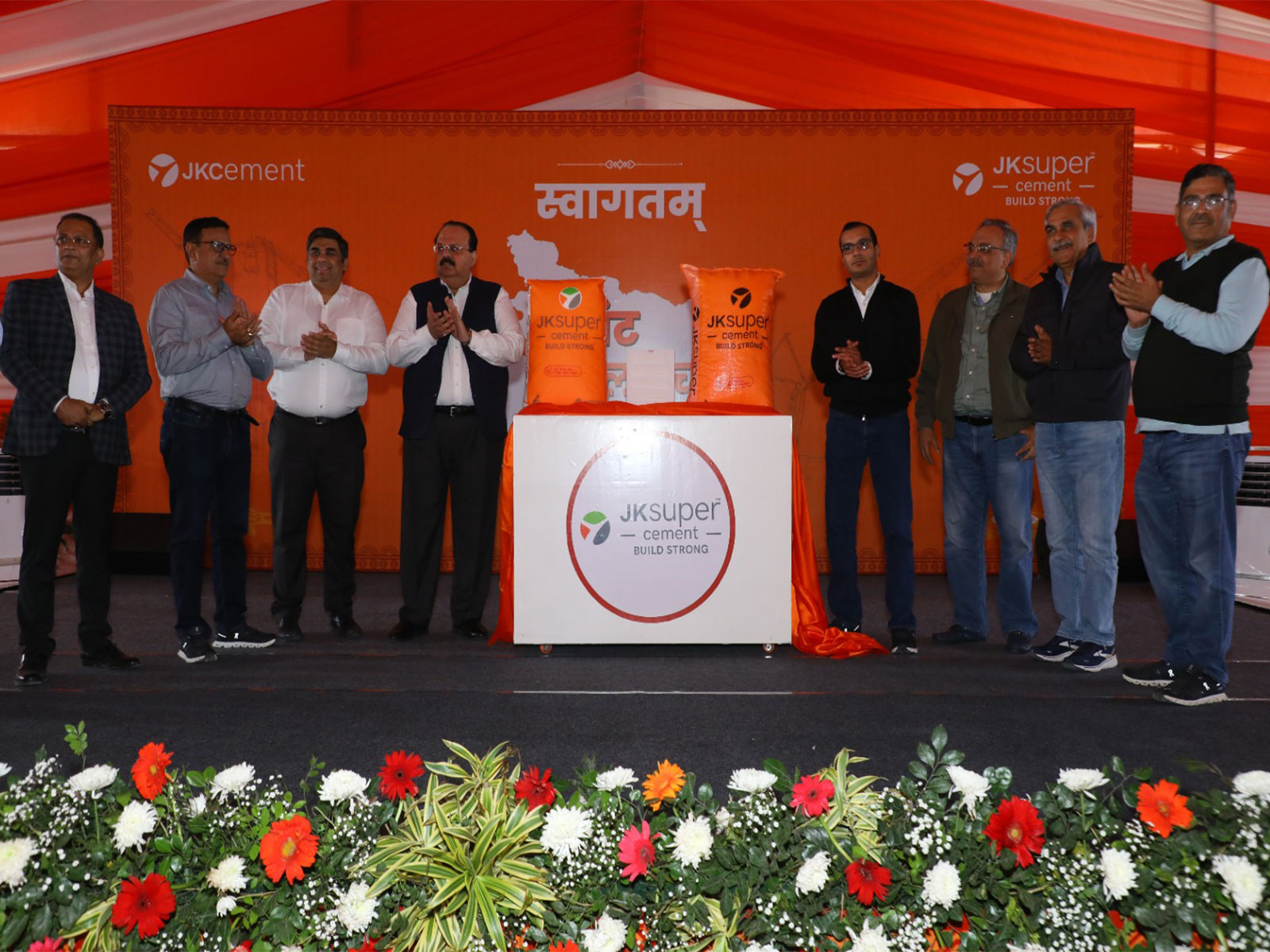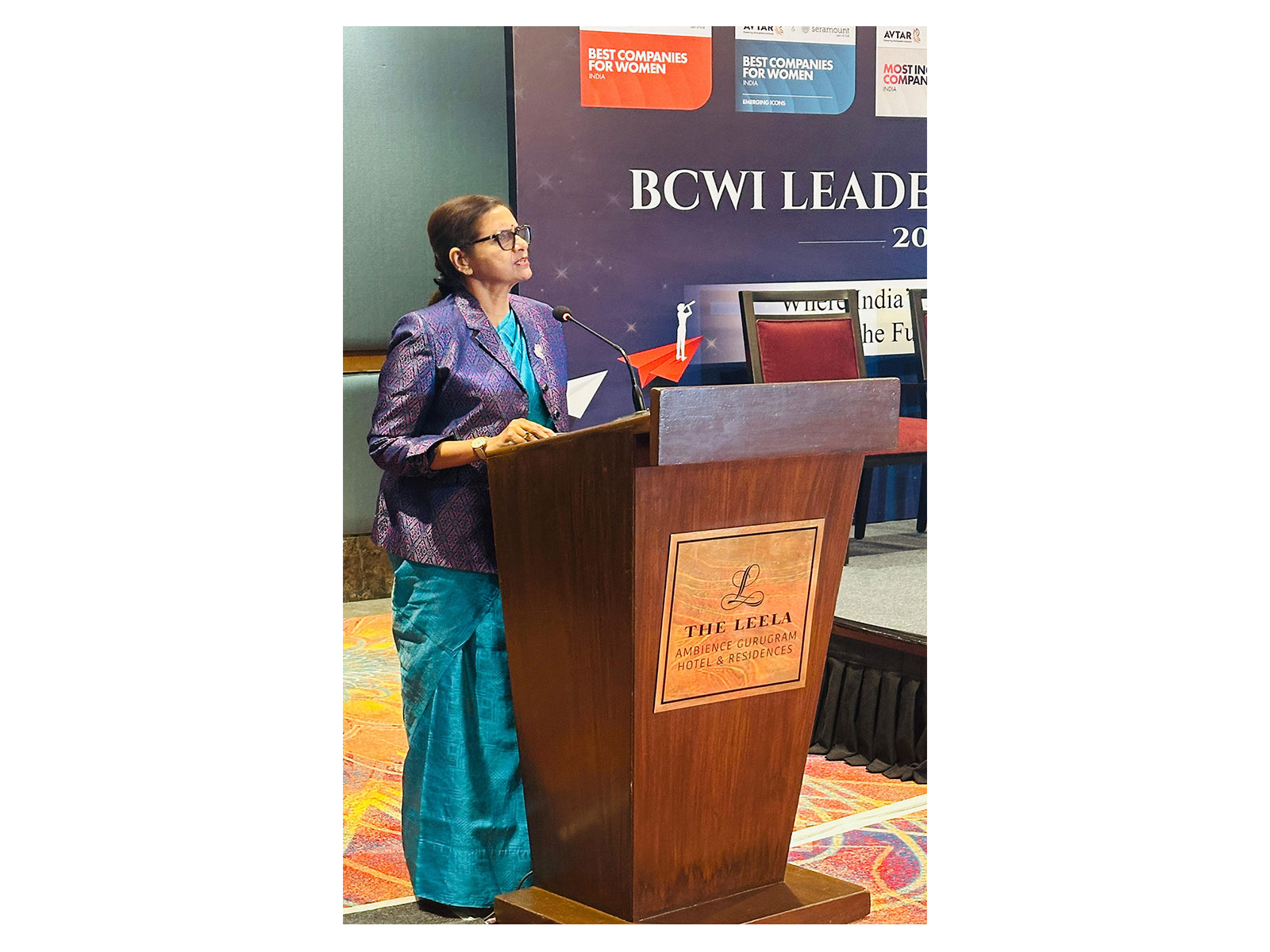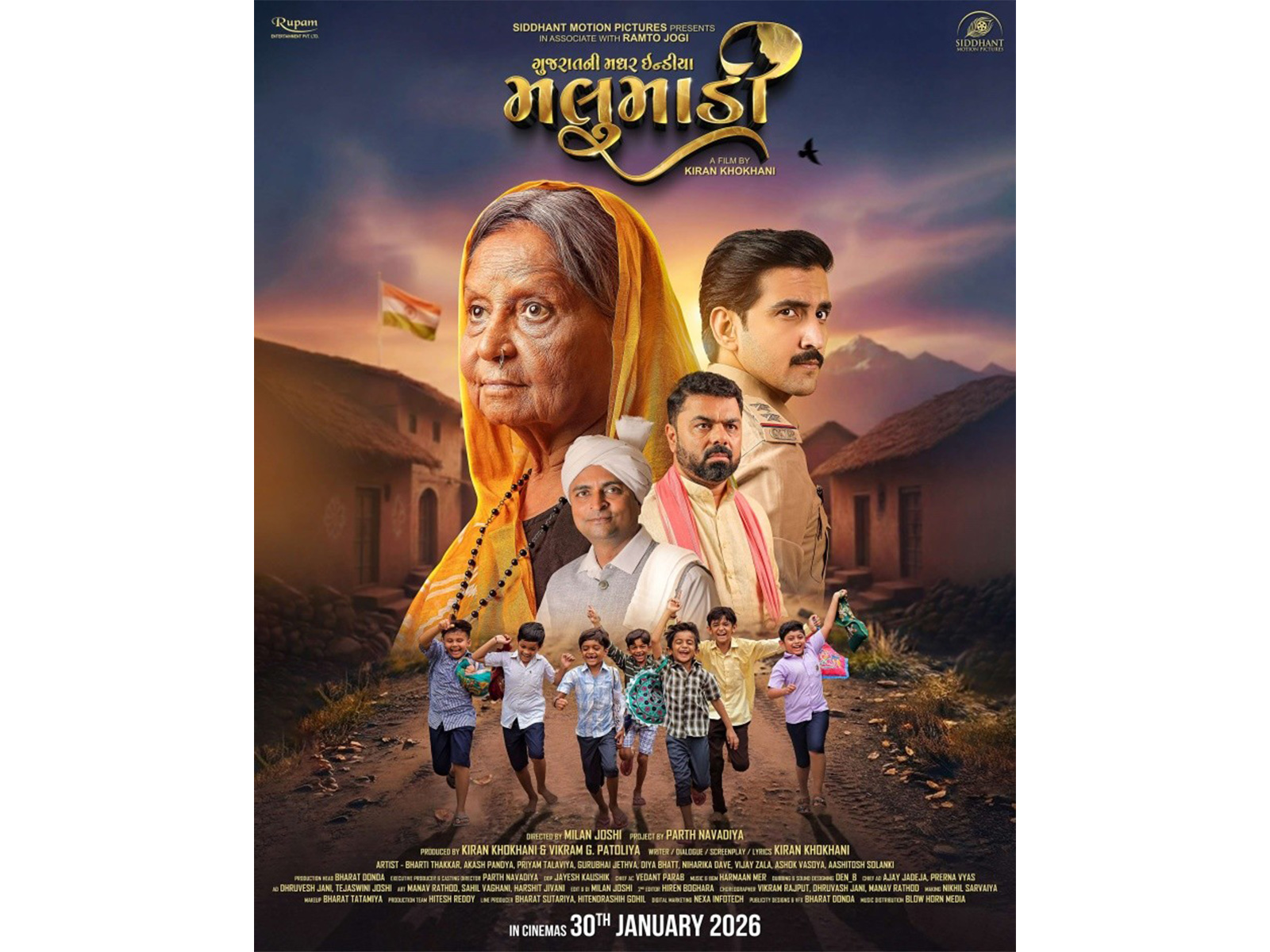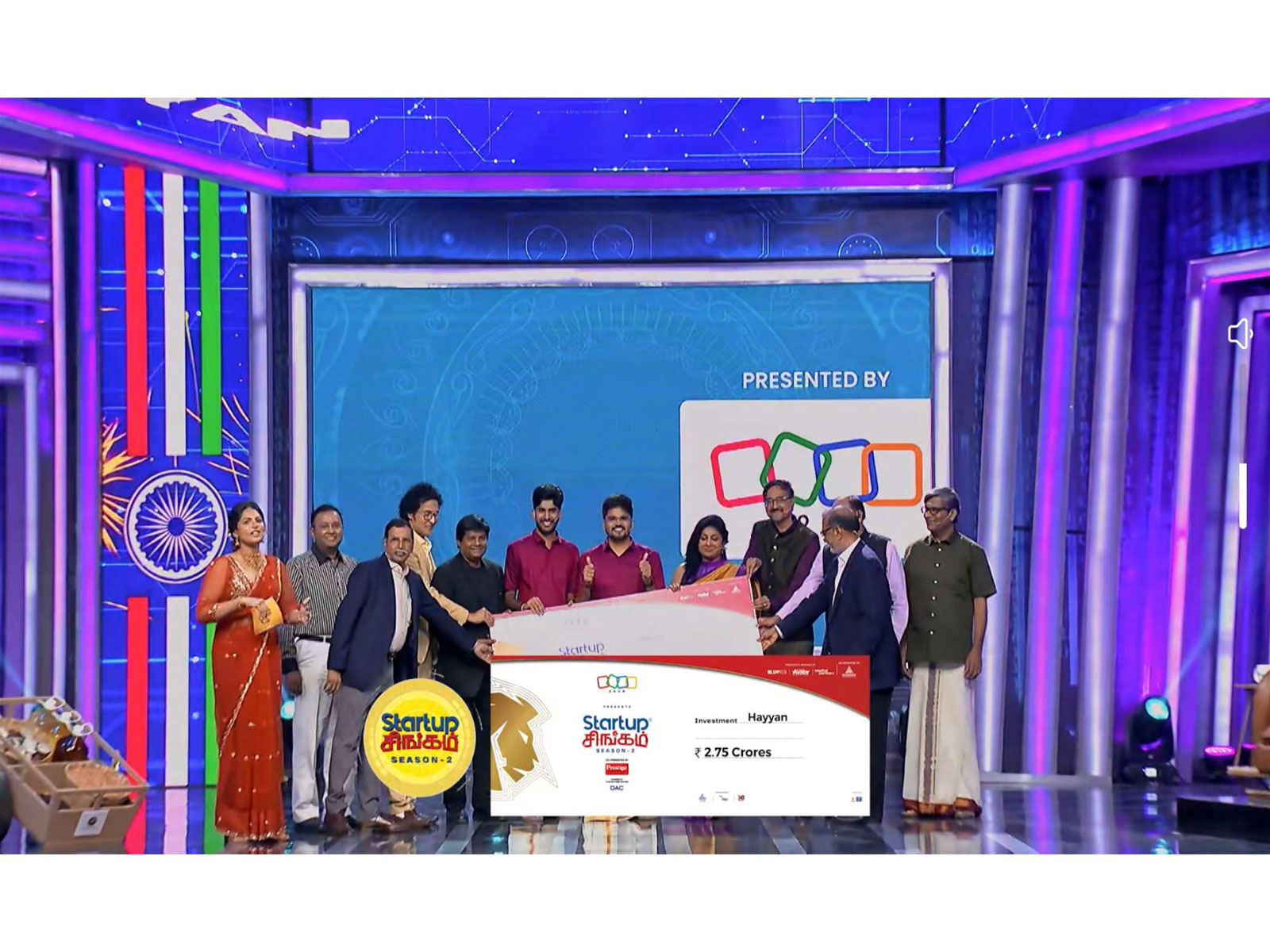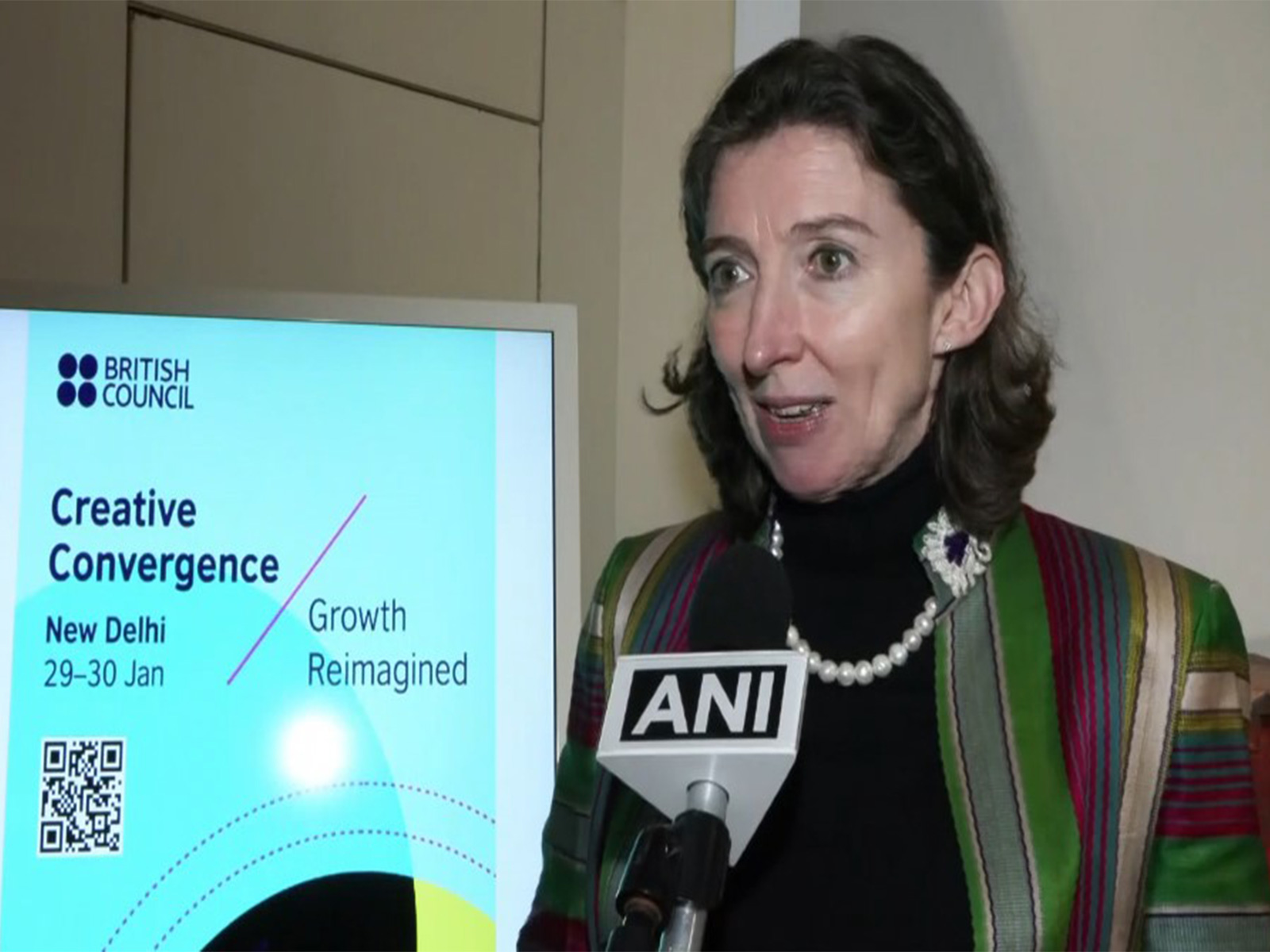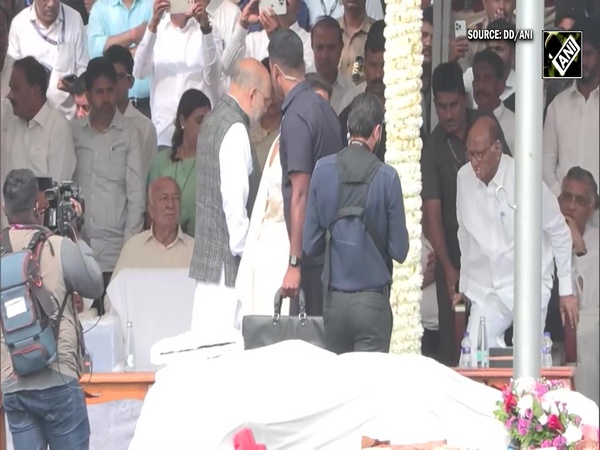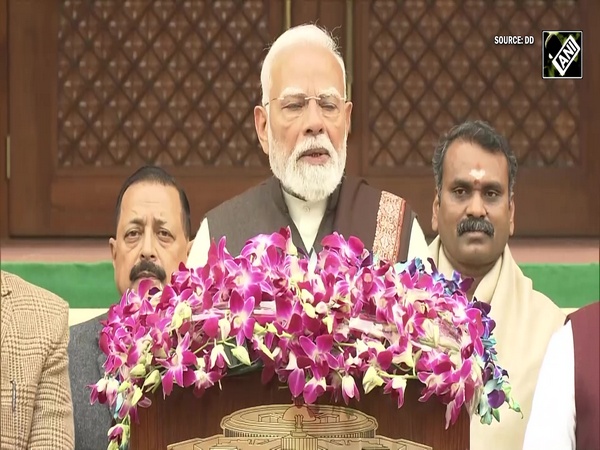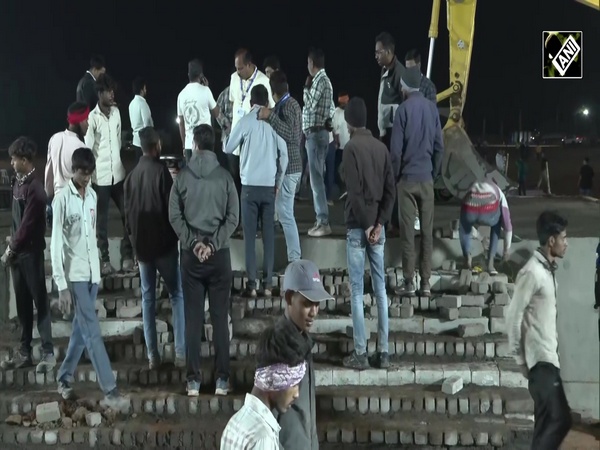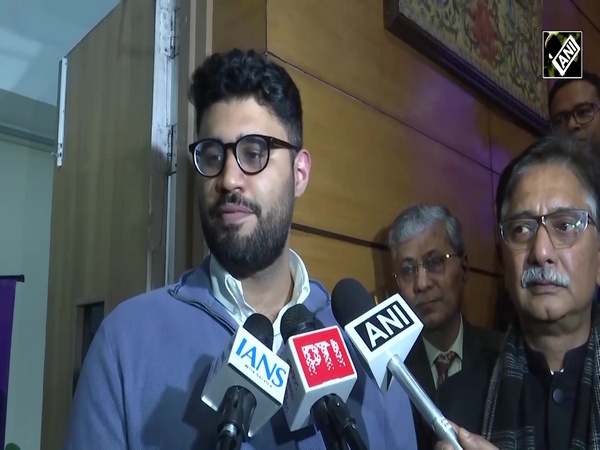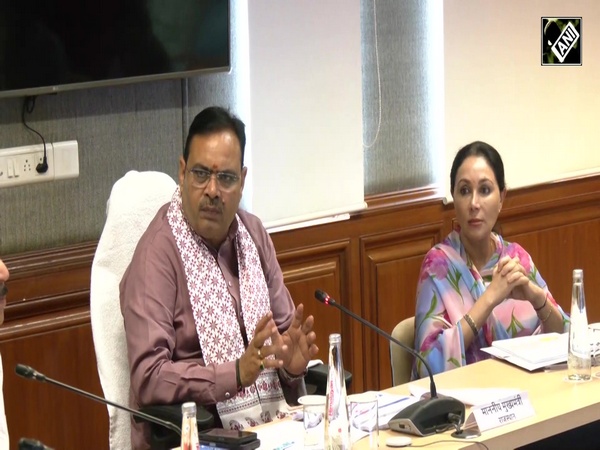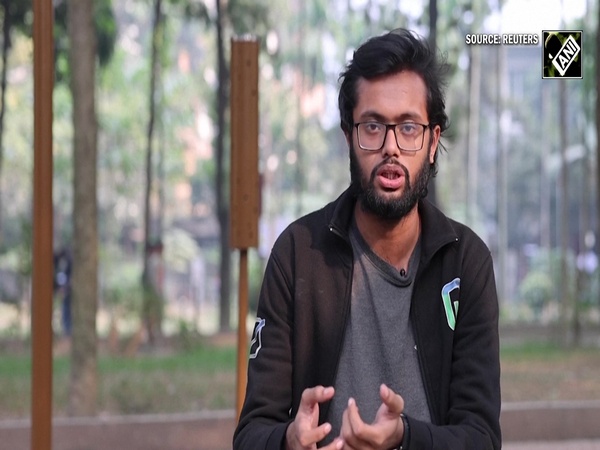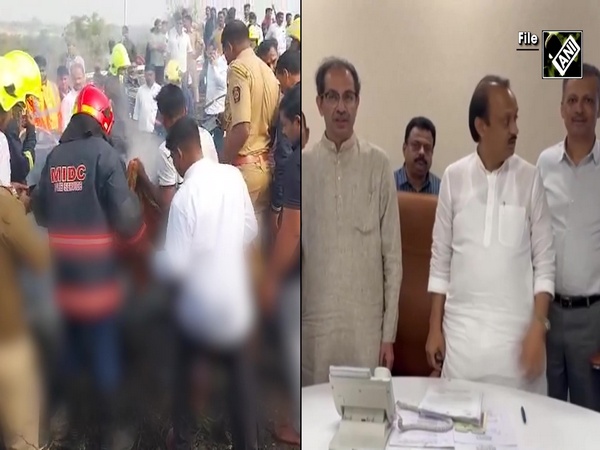Delhi HC hears petitions on marital rape; points difference between marriage, other relationships
Jan 10, 2022

New Delhi [India], January 10 : The Delhi High Court on Monday raised differences between marriage with other relationships and opined that this qualitative difference may have played a part in the exception provided under Section 375 (rape) of the Indian Penal Code.
A bench of Justices Rajiv Shakdher and C Hari Shankar was hearing a batch of petitions pertaining to the issue of marital rape.
During the hearing, Justice Hari Shankar said, "In a marital relationship, there is a qualitative difference. There is an expectation of conjugal relationship for both parties."
The court pointed out that when a party gets married, each has an expectation and to an extent, it is a right because if it is denied it can lead to various consequences.
"When a party gets married, each has an expectation, and to an extent a right also, to expect normal sexual relationship with your partner which does not exist if there is no marriage," Justice Hari Shankar said.
Therefore, Justice Hari Shankar, said that he, prima facie, feels that this qualitative difference has a part to play in the exception given to Section 375 of the IPC.
"We are not here on whether marital rape should be punished. We are here on the question whether in such a situation the man should be held guilty of rape, because that is what we are doing if we strike down the exception, and we are doing something that the legislature felt is not correct. And the legislature still feels it is correct, " Justice Hari Shankar said.
"So, if the legislature thinks it has something to do with the qualitative difference of the marital relationship, that is an aspect which has to be addressed when you are attacking the constitutionality of the provision. We cannot treat it as or parallelize it with an unmarried relationship, " Justice Hari Shankar said.
"What is happening is that today if this act is committed, the man has not committed an offence, we knock out the exception, tomorrow if the same man does the same thing, he has created an offence. So qualitatively we may go into semantics and say this is creation of an offence and not creation of an offence. I don't know if we can say that. We are at least rendering an act which was not, prior to our judgment, an offence. So, to that extent we have created an offence. These are all aspects which do perturb me, " Justice Hari Shankar said.
However, Justice Hari Shankar also made it clear that according to him, marital rape should be punished no doubt, as there can not be a compromise to women's sexual autonomy, sexual integrity and right to say no.
Justice Hari Shankar observed that Section 375 of IPC defines rape in a very wide manner and says even a single instance of unwilling sex with the opposite party is enough to call it rape. Justice Hari Shankar opined that today we have to understand that this provision is still on the statute books despite all this and the possible reason maybe because of the manner in which rape is defined in 375.
"We are concerned with the constitutionality of this provision. We must appreciate why this provision has remained on the statute books despite so many Verma Commission, Law Commission, " the court said.
Meanwhile, Justice Hari Shankar, clarified he has not made up his mind as yet and that these are only his observations and even during the judgment, he can change his mind.
However, another judge in the bench, Justice Shakhder, clarified that these were not the views of the Bench, as the matter is still being heard and said, "I may also have views but I would like to reserve them for now. "
The court will continue hearing the matter on Tuesday.
The court was hearing a batch of petitions relating to the criminalization of marital rape. The petitioners include NGOs RIT Foundation and All India Democratic Women's Association among others.
Appearing for petitioners, advocate Karuna Nundy said that, the Verma Committee recognized that marital rape causes the same spectrum of harm as other rape, and cites with approval South African legislation that mandated that marital rape be sentenced with the same considerations as other rape.
Advocate Karuna Nundy also said slapping your wife or killing her in the bedroom is specifically criminalized, but not raping her.
